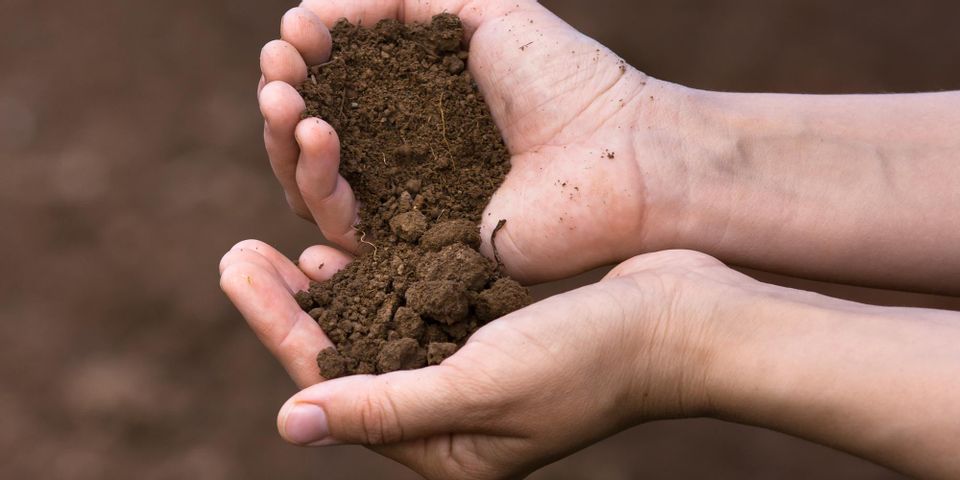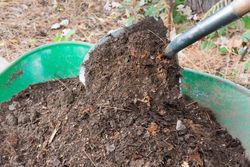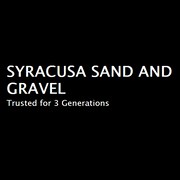Comparing Screened & Unscreened Topsoil

Due to the high concentration of organic matter, topsoil is needed to make grass and flowering plants grow. When the organic material breaks down, it supplies seeds and roots with nutrients. When shopping for different varieties, topsoil is grouped in screened and unscreened categories. To determine which type is best for your needs, below is a closer look at each.
What Is Unscreened Topsoil?
Large particles aren’t removed from unscreened topsoil during processing. The soil is often sourced during excavation, which is why it contains a mixture of small and large stones, roots, weeds, and wood chips. The large organic matter makes unscreened products best suited for altering the landscape.
 It can provide a sturdy base or mound to level or raise low areas, fill in holes to prevent tripping hazards, or support structures. As unscreened varieties aren’t as thoroughly processed, they could be cheaper than screened products. This can cut down on costs when working in large areas.
It can provide a sturdy base or mound to level or raise low areas, fill in holes to prevent tripping hazards, or support structures. As unscreened varieties aren’t as thoroughly processed, they could be cheaper than screened products. This can cut down on costs when working in large areas.
What Is Screened Topsoil?
Screened topsoil is not as coarse as unscreened varieties, as the soil is sifted through mesh to remove large particles or the organic matter is broken down during processing.
As particles are uniform in size, screened topsoil is often used for gardening projects. Air and nutrients can move through the material in the lawn, flowerbeds, pots, and planters to help vegetation thrive. You won’t have to worry about large particles compromising root growth either.
Whether you need unscreened topsoil for landscaping or screened topsoil to breathe life into the garden, the staff at Syracusa Sand & Gravel has you covered. Based in Victor, NY, the company has been a leading source of state-approved aggregates in the greater Rochester area since 1949. In addition to topsoil, the team can also supply washed stone, sand, and gravel products for your projects. See inventory details online and call (585) 924-7146 to schedule a delivery or a free in-home consultation.
About the Business
(1 reviews)
Have a question? Ask the experts!
Send your question

